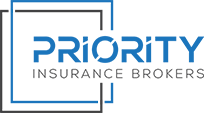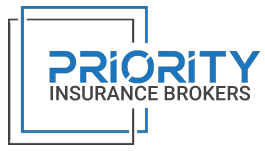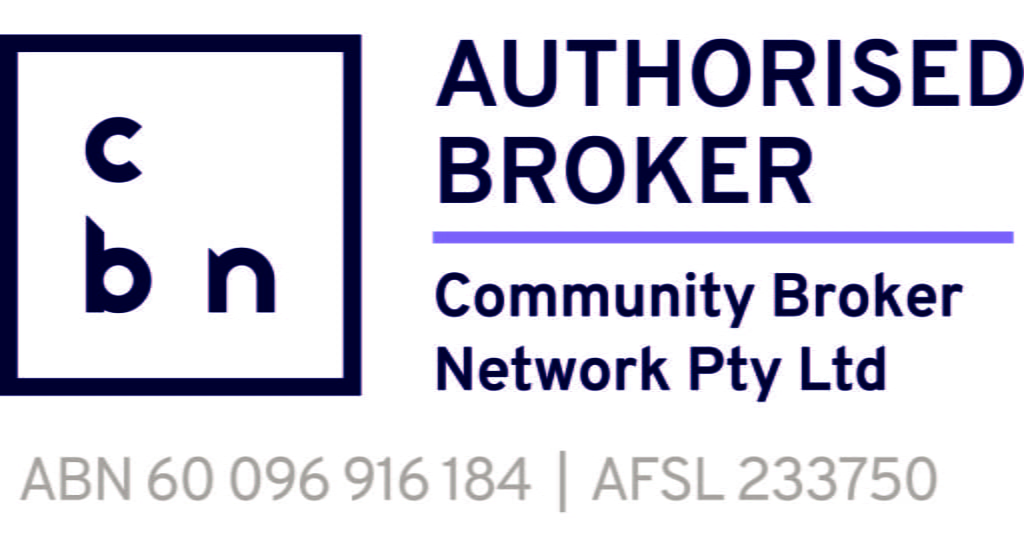Hotel Public Liability Insurance: Why Hoteliers Need It
Introduction to Hotel Public Liability Insurance
Delving into the world of hospitality, one quickly recognises that running a hotel is about much more than providing comfortable rooms and exceptional service. It’s also about ensuring the safety and protection of your guests and property. This is where hotel public liability insurance enters the picture.
In essence, this type of insurance acts as a protective shield against unforeseen accidents and potential legal claims. The dynamic nature of hotels, with their constant influx of guests and range of services, can create a variety of risks. These could range from slip-and-fall accidents in the lobby to food poisoning in the hotel restaurant. Such incidents can result in costly legal proceedings and potentially damage the hotel’s reputation.
Hotel public liability insurance is a cornerstone of risk management in the hospitality industry. It provides peace of mind, allowing hoteliers to focus on providing excellent service without the constant worry of potential accidents and their associated costs. As we delve further into the nuances of this topic in subsequent sections, remember that this insurance is your hotel’s safety net, cushioning the impact of unexpected events and potential legal claims.
Understanding the Risks in the Hotel Industry
Running a hotel is not without its challenges. From ensuring guests’ comfort to maintaining high standards of service, hoteliers must contend with an array of responsibilities daily. However, these are just the tip of the iceberg. Let’s delve deeper into the various risks that hotels face, including potential accidents, damage to property, and legal claims.
Potential Accidents
Hotels are bustling places, filled with guests, staff, and sometimes even pets. With so much activity, accidents can occur. These might range from minor incidents like slips and falls, typically the most common accidents in hotels, to major events such as fires or natural disasters. The consequences of these accidents can be severe, leading to injury or loss of life, and significant property damage. Even when all safety measures are observed, the risk of accidents can never be completely eliminated.
Property Damage
Damage to property is another significant risk in the hotel industry. This could occur due to accidents, negligence, or deliberate actions by guests or staff. It might involve anything from damaged furniture to structural damage to the building itself. Such damages can be costly to repair or replace, disrupting operations and affecting the hotel’s bottom line.
Legal Claims
When accidents happen or property is damaged, hotels can find themselves facing legal claims. These might come from guests who have suffered injuries, employees who believe their rights have been violated, or third parties affected by activities related to the hotel. Legal claims can result in substantial financial losses and harm a hotel’s reputation, impacting its ability to attract guests and maintain profitability.
Given these risks, it becomes evident why having public liability insurance is crucial for hotels. This type of insurance provides protection against the financial impact of accidents, property damage, and legal claims. By covering the costs associated with these incidents, public liability insurance helps ensure that hotels can continue to operate and serve their guests even in the face of unforeseen events.
It’s worth noting that while insurance doesn’t eliminate the risks entirely, it significantly mitigates their financial implications. This allows hotel owners to focus on providing excellent service, confident in the knowledge that they are protected against potential accidents and claims. After all, in the hospitality industry, maintaining a safe and welcoming environment is paramount to success.
The Role of Hotel Insurance Brokers
In the labyrinthine world of insurance, it’s easy for hotel owners to feel overwhelmed by the myriad of choices and complex terms. That’s where hotel insurance brokers step in. Acting as intermediaries between insurance companies and hotels, these professionals play a pivotal role in helping hotels navigate the insurance landscape in order to find the best coverage that suits their specific circumstances and needs.
The Crucial Role of Brokers
Insurance brokers hold a thorough understanding of the insurance market and the intricate details of various policies. They leverage this knowledge to guide hotels towards an insurance policy that offers ample protection against the unique risks they face. It’s not just about obtaining any insurance; it’s about securing the right insurance. Brokers take into consideration factors like the hotel’s size, location, facilities, and even the potential risks associated with its particular geographical area.
Benefits of Using a Broker
The benefits of using a broker extend beyond just finding suitable insurance. Firstly, brokers often have access to better deals than those available to the public. This is because they have established relationships with a wide network of insurers, which allows them to negotiate more favourable terms. Secondly, they offer expert guidance throughout the claims process, ensuring the hotel gets fair treatment from the insurer.
Moreover, brokers save hoteliers valuable time and effort. Instead of sifting through piles of policy documents and legal jargon, hotel owners can entrust this task to their broker, leaving them free to focus on their core business operations. In essence, a good broker is not just an intermediary but a trusted advisor, constantly working to ensure the hotel’s assets are well-protected.
While public liability insurance is crucial for all hotels, the path to obtaining the right policy can be fraught with complexities. Fortunately, hotel insurance brokers are there to illuminate the path, making the journey less daunting and more rewarding. Their nuanced understanding of the hotel industry, coupled with their intimate knowledge of the insurance market, makes them an invaluable ally in the quest for comprehensive and cost-effective coverage.
Pub Insurance – A Special Consideration
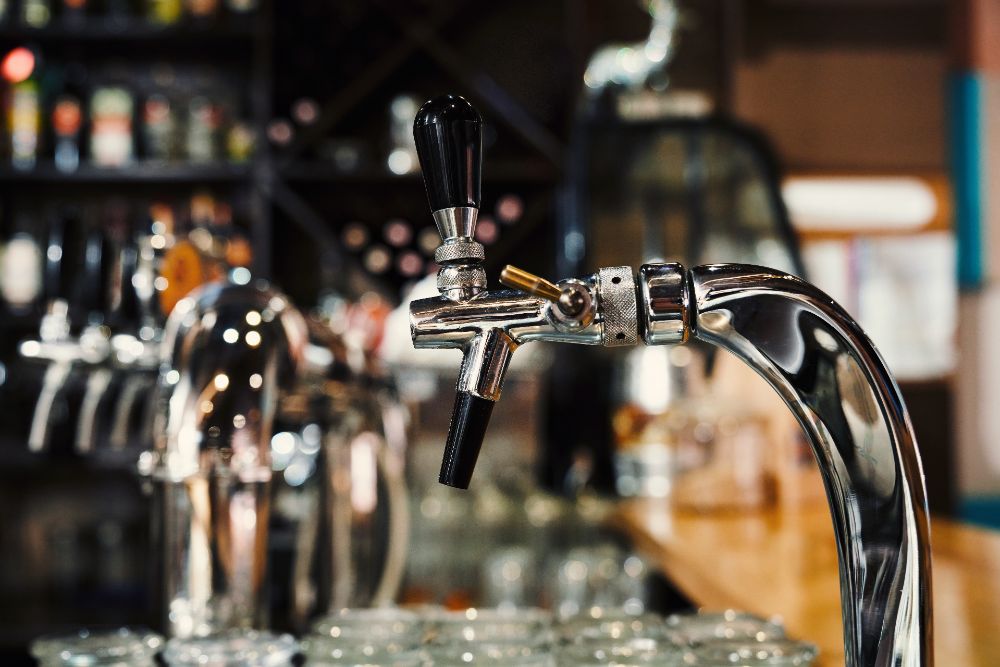
Shifting gears, let’s delve into the fascinating world of pub insurance – a unique line of coverage that deserves special attention. This specialised insurance becomes particularly important when we consider hotels with in-house pubs. Such establishments face an additional layer of risk and liability due to the nature of their operations.
Understanding the Unique Risks Associated With Pubs
Pubs within hotels cater to a wide range of guests, making them vibrant places full of life and activity. However, this lively atmosphere can also translate into unforeseen risks. Accidents such as slips and falls are common, especially considering the likelihood of alcohol-induced mishaps. Additionally, there’s the possibility of property damage caused by unruly guests or even legal claims related to serving alcohol to minors or intoxicated individuals. These scenarios underline the need for a specialised form of protection – pub insurance.
The Scope of Pub Insurance
So, what exactly does pub insurance cover? It provides comprehensive coverage that takes into account the distinct risks associated with running a pub. Coverage typically includes public liability for accidents resulting in injury to customers or damage to their property, employer’s liability for staff-related incidents, and product liability for any harm caused by the food and beverages served. Some policies might also offer protection against business interruption, ensuring that your pub (and by extension, your hotel) can recover financially after an unexpected event.
Complementing Hotel Public Liability Insurance
Having a robust hotel public liability insurance is crucial, but it may not fully cover the unique risks associated with running a pub. This is where pub insurance steps in, complementing your existing coverage by addressing these specific risks. Combining the two ensures a comprehensive safety net, providing peace of mind knowing that both the general hotel operations and the more specialised pub activities are well-protected.
Remember, every hotel is unique, with its own set of risks and challenges. When it comes to hotels with pubs, these challenges multiply. Therefore, it’s essential to consider all aspects of your operations when arranging insurance coverage. After all, a well-insured hotel is not just about protection – it’s also about ensuring a safe, welcoming environment for your guests to enjoy.
Hotel Public Liability Insurance in Australia
As we delve into the realm of hotel public liability insurance, the conversation would be incomplete without focusing on its implications and regulations in specific regions. Australia, with its sophisticated insurance market, provides an interesting case study. The Land Down Under has a thriving tourism industry, with hotels being an integral part of this sector. Consequently, understanding the requirements and peculiarities of public liability insurance for hotels in Australia is beneficial for both local and international hoteliers.
The Australian Insurance Landscape
In Australia, public liability insurance is not a legal requirement for businesses but is highly recommended, especially in sectors like hospitality where the risk of accidents and claims is high. This type of insurance provides protection against liabilities for third-party injuries or property damage that could occur on hotel premises.
It’s important to note that Australia has stringent safety and consumer laws. For instance, under the Australian Consumer Law, consumers have a right to compensation for loss or damages caused by a breach of warranty or contract, negligence, or under statutory guarantees. Therefore, if a hotel fails to provide a safe environment resulting in injury or damage, the affected party can claim compensation. In such scenarios, public liability insurance proves to be a hotel’s financial shield.
Specific Laws and Regulations
Australia’s approach to public liability insurance in the hotel industry is shaped by certain regulations. An important one is the Civil Liability Act, which varies slightly between states but generally governs personal injury and damage claims. According to these acts, businesses, including hotels, are liable for any injury, loss, or damage suffered by any person as a result of negligence.
Another significant aspect of Australian law is the Liquor Act, particularly relevant to hotels with pubs or bars. Hotels serving alcohol must abide by these regulations, which impose strict penalties for over-serving or serving alcohol to minors. Here again, having a suitable insurance policy covering such risks is important.
Insurance in the Pandemic Context
Finally, it’s worth mentioning the impact of the COVID-19 pandemic. With the Australian government imposing lockdowns and travel restrictions, many hotels have faced business interruptions and significant losses. Some insurers offer Business Interruption insurance as part of their hotel insurance packages, but the coverage for pandemic-related losses has been a contentious issue. It has led to legal disputes between businesses and insurers, prompting the need for clarity and better understanding of policy terms.
In the Australian context, hotel public liability insurance plays a key role in safeguarding businesses from potential risks and claims. Moreover, it helps hotels maintain their reputation by ensuring they can handle any unfortunate incidents professionally and with minimal disruption to their operations. Comprehending the specific laws and regulations related to hotel insurance in Australia is essential for hoteliers to make informed decisions and provide a safe environment for their guests.
How to Choose the Right Hotel Public Liability Insurance
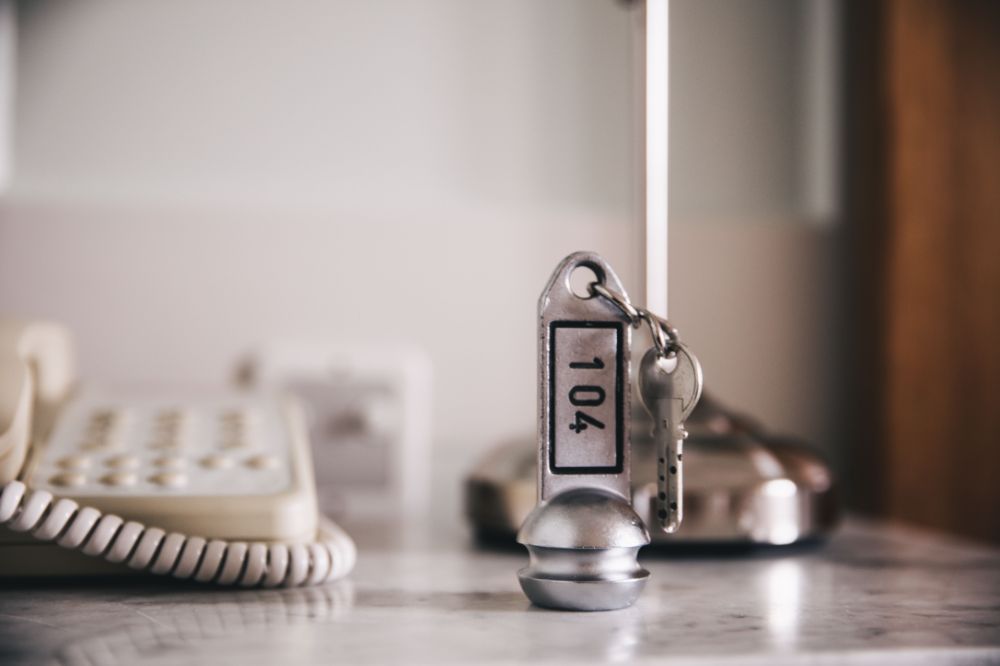
Now that we’ve discussed the what, why, and where of hotel public liability insurance, the next crucial step is to understand how to select the best policy for your hotel. This process involves careful consideration of various factors to ensure your hotel is adequately covered against potential risks.
Guidelines on Selecting the Best Policy
Choosing the right public liability insurance policy is like fitting a unique piece into the puzzle of your hotel’s safety and protection plan. It requires an understanding of your hotel’s specific needs and circumstances. First, determine the risks associated with your hotel’s operations. These can be based on your location, size, services offered, and clientele served. For instance, a hotel with a pub will face different risks compared to a boutique hotel catering to a family-friendly crowd.
Next, conduct a thorough review of available insurance policies in the market. This involves comparing the coverage, premiums, terms, and conditions offered by different insurers. You want to find a policy that provides comprehensive coverage for identified risks at a reasonable premium.
Factors to Consider When Choosing a Policy
Several key factors come into play when selecting an insurance policy. A primary consideration is the coverage limit. The higher your coverage limit, the greater the protection against potential claims. However, it’s essential to balance this with the fact that higher limits usually mean higher premiums. Therefore, consider your hotel’s risk level and financial ability to pay these premiums when deciding on a suitable coverage limit.
Another factor is the policy’s exclusions, which are the situations that your insurance won’t cover. Common exclusions include intentional damage or injuries, contractual liabilities, and certain types of natural disasters. Make sure you understand these exclusions to avoid surprises when a claim arises.
Lastly, consider the insurer’s reputation and financial stability. An insurer with a good track record of handling claims efficiently and fairly can be a valuable partner in protecting your hotel against public liability risks.
In the end, selecting the right hotel public liability insurance involves a delicate balance of understanding your hotel’s risks, comparing different policies, and considering various factors such as coverage limits, premiums, and exclusions. This process might seem challenging, but remember that the goal is to ensure the safety of your guests and protect your hotel from potential legal and financial fallout. With careful consideration and possibly expert guidance, you can find a policy that fits your hotel like a glove.
Conclusion
Reflecting on our journey through the complex world of hotel public liability insurance, it’s clear how vital this safety net is for the hotel industry. This form of protection secures hotels against a myriad of risks, from accidents to legal claims, and is an indispensable tool for any prudent hotel owner.
Public liability insurance provides a shield, defending hotels against potential financial threats that could result from accidents or damage to property within their premises. These mishaps can lead to costly repairs and legal claims, which, without adequate coverage, could cripple a hotel’s operations and reputation. Therefore, investing in a robust insurance policy is not merely a precaution – it’s an essential business strategy.
As we conclude, it’s worth reiterating the importance of regularly reviewing and updating your hotel public liability insurance policy. As your hotel evolves, so should your insurance. Regular reviews ensure that you stay ahead of potential risks, ensuring the safety and protection of your guests while also safeguarding your business.
Therefore, hoteliers are encouraged to take proactive steps in understanding and managing their public liability insurance. So why wait? Start your journey towards comprehensive protection today.
FAQs
What is hotel insurance?
Hotel insurance is a specialised type of insurance tailored to meet the unique needs and challenges faced by hotel owners and operators. It provides coverage against potential risks like property damage, theft, loss of business income, and liabilities related to guests or employees. Each policy can be customised to suit the requirements of the specific hotel, ensuring adequate protection against unforeseen events.
What does hotel insurance cover?
Hotel insurance typically covers a range of potential risks, including property damage, theft, loss of business income, guest liability, and employee-related risks. The exact coverage will depend on the chosen policy, so it’s essential to review the details carefully.
How much does hotel insurance cost?
The cost of hotel insurance varies depending on multiple factors, such as the size of the property, its location, the range of services offered, and the types of coverage selected. To get an accurate quote, it’s best to contact an insurance provider and provide specific details about your hotel.
Does landlord insurance cover tenant hotels?
Landlord insurance primarily focuses on protecting the property owner from potential financial losses related to rental properties. This type of insurance typically doesn’t cover tenant hotels as they have unique risks and requirements. If you’re running a tenant hotel, it’s advisable to explore specific hotel insurance policies tailored to your needs.
For more details or to discuss specific needs, we recommend reaching out to a trusted insurance provider.
